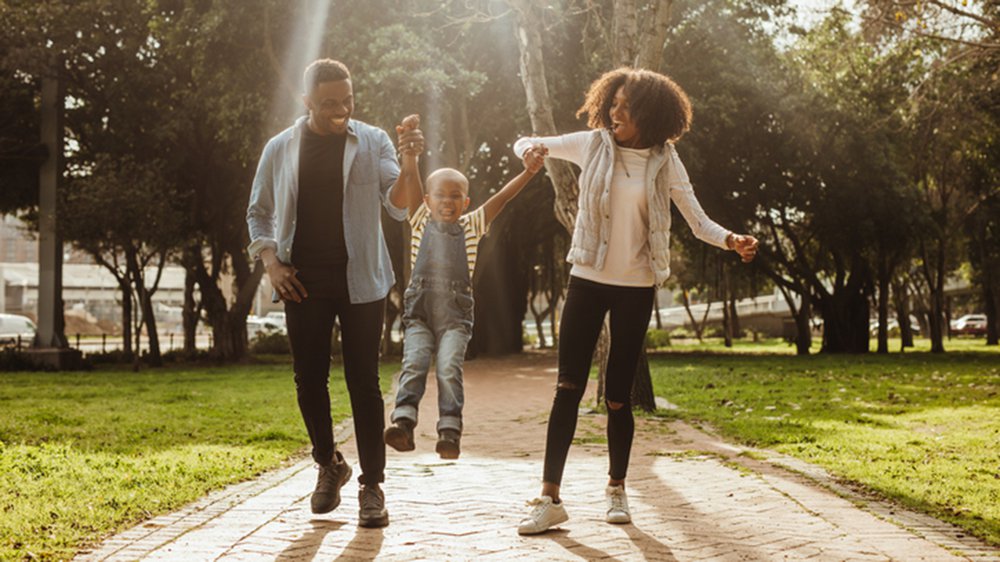Summer may be over but there’s still plenty of time here in Virginia to soak in some sunshine. The changing season has me thinking about vitamin D and whether it might help fight off coronavirus!
What does vitamin D do to our immune system? Technically, vitamin D is not a vitamin at all, it’s a hormone. A vitamin is an essential nutrient that our body needs but doesn’t make, so we have to eat it (like vitamin C). But our bodies can synthesize, or make, vitamin D!
Vitamin D is known as the “Sunshine Vitamin” because when the ultraviolet rays (specifically UVB rays) of sunlight hit our skin, they convert a protein called 7-DHC into vitamin D3. Vitamin D3 is then processed by enzymes in the liver and kidney to become activated and then it starts doing its magic!
Vitamin D is essential for the absorption of calcium and for overall bone health, which is why many breakfast cereals and milks are fortified with it. But vitamin D is much more than just bones! It plays a role throughout the body, from supporting the health of the nervous system and cardiovascular system to regulating insulin levels and supporting diabetes management.
Vitamin D is especially important for immune system health. It has anti-inflammatory effects and it boosts the production of immune cells. Vitamin D deficiency has been linked to a number of illnesses and disorders, from cancer and autoimmune disorders to cognitive disorders and Parkinson’s disease. While medical scientists are still working to fully understand the supportive role of vitamin D in our health, it’s clearly important.
Currently there are no studies of the effects of vitamin D on the novel coronavirus, but we do know vitamin D supplements have shown protective effects against acute respiratory infections like common colds and the flu. So, as we’re headed into the fall, it will be important to have a healthy level of vitamin D as part of your whole body wellness and immune defense.

So how do we boost our vitamin D levels? Vitamin D can be found in foods like cheese, egg yolks, mushrooms, fatty fish (tuna, salmon, mackerel) and fortified cereals and milk. We can also take supplements.
These moderate early fall temperatures are beckoning us outside … so this seems like a great time to make your own vitamin D. The tricky part is protecting your skin from damage. The same UVB radiation that’s necessary for you to make vitamin D is responsible for sunburns and skin cancer. UVB radiation is present in sunlight anytime the UV index is 3 or higher. Most sunscreens and windows filter out UVB rays, so catching those rays means being outside and uncovered.
Your dermatologist wants you to know that making vitamin D is not a justifiable reason for tanning or tanning beds and you should always try to avoid getting a sunburn. These put you at higher risk for melanoma and other skin cancers. But some doctors are proponents of sensible sun exposure to promote health. For 10-15 minutes for lighter complexions and 20-30 minutes for darker complexions, being outdoors daily with uncovered hands, forearms or lower legs between 10 a.m. and 3 p.m. should produce plenty of vitamin D.
So you might think about taking a midday call outside, eating your lunch outdoors or taking a short stroll in between Zoom meetings. Your immune system will thank you.
The Museum is hard at work helping you to discover your world despite dramatically reduced financial resources. If you'd like to help us continue this work, click here to learn how.